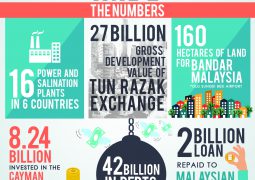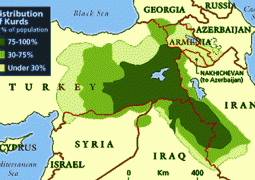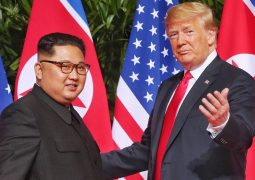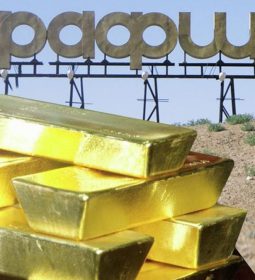With Pen Plan, China Etches Nationalist Economic Policy
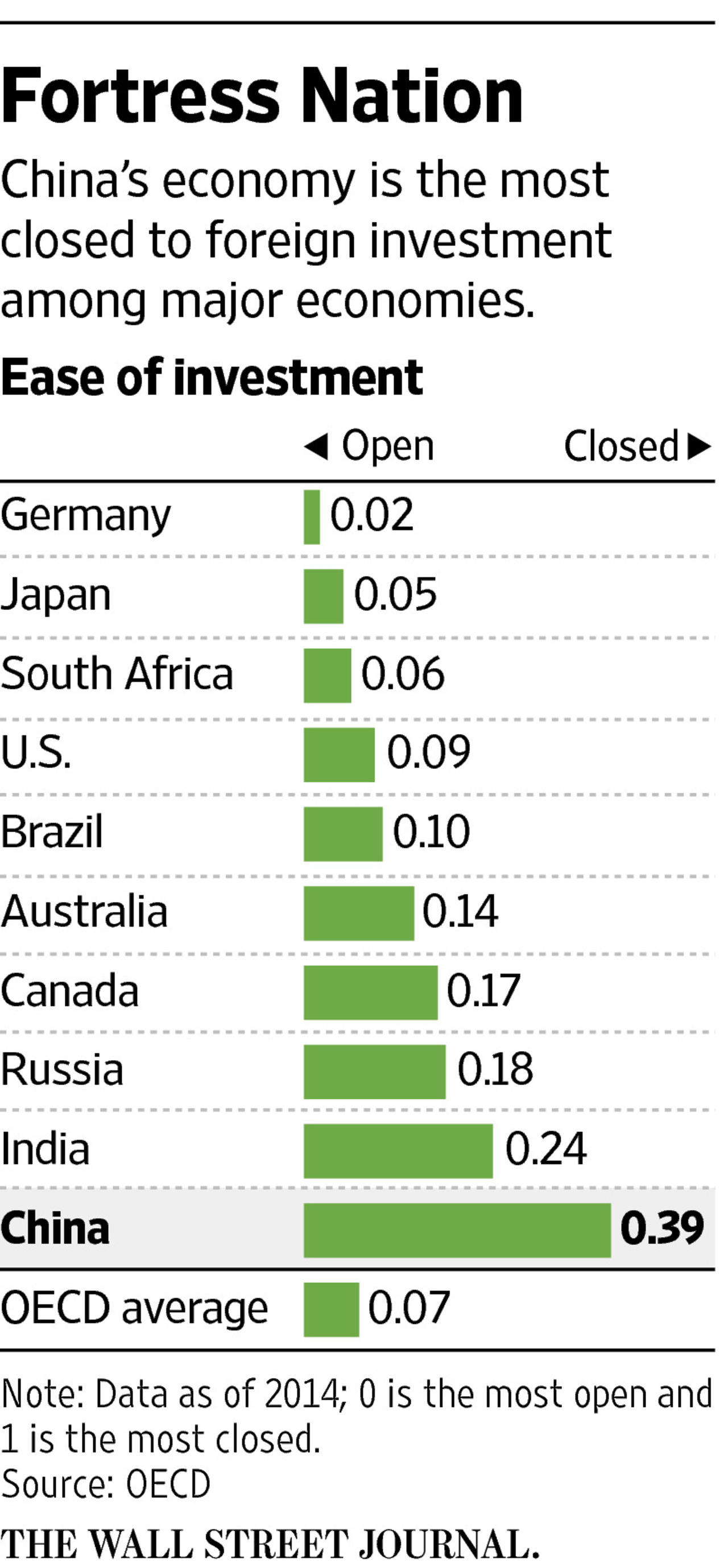
BEIJING—After a five-year effort, one Chinese company recently achieved a mission of national interest: helping develop the first fully Chinese ballpoint pen. What’s not clear is whether it made economic sense.
Chinese manufacturers produce 38 billion ballpoint pens a year—80% of the global market. But they didn’t make the nib, the part that holds the ball at the tip, long preferring the quality of Japanese and European made versions. Then, Beijing prodded them to look onshore.
Chinese President Xi Jinping has vocally defended free trade and globalization in recent days, stepping in as U.S. President Donald Trump flirts with trade protectionism. But at home Beijing’s policy makers often promote a “Made-in-China” ethos, tapping a rich vein of nationalist sentiment. The quest, framed as a catalyst for homegrown innovation, has defined how goods are made in major Chinese industries, at times at the expense of efficiency.
Studies rank China’s economy, the world’s second largest, among the most closed. From cars to wind turbines, Beijing limits foreign participation in domestic production. Citing “food safety,” Beijing insists that almost all grains consumed in China are domestically grown, and sets artificially high prices to support bumper harvests. State media touts locally made consumer products including bidets and rice cookers.
The stationery giant spearheading the nib mission, Beifa Group Ltd., defended the nib strategy as it began mass-producing the pen part this month despite signs that Japan can match the cost. Officials hoped the domestic effort will pave the way for other advances in Chinese precision engineering.
“It’s meaningful to have a breakthrough in the core technology for the domestic industry,” Zhang Xuelian, Beifa’s spokesman, said in an interview. “What if there’s a war?”
Beifa’s contribution to Chinese self-sufficiency began in 2011 when the Ministry of Science and Technology asked companies to “achieve the localization of pen-product technology.” Beifa’s research division took on the development of a key part of the ballpoint: the bullet-shaped, 2.3-millimeter-wide metal socket that feeds ink to the half-millimeter ball at its tip.
The ministry provided $8.7 million for the research, which Beifa undertook with state-owned Taiyuan Iron & Steel Group Co., China’s largest stainless-steel mill. By September, the mill produced its first fully-domestic ballpoint pen.
The project became a focus of national pride. Premier Li Keqiang played it up during a visit to the Taiyuan mill early last year. Officials distributed it to foreign leaders at the China-hosted Group of 20 summit in September.
“It’s done! We’ve broken the Japanese and German monopoly,” a local branch of the Communist Youth League, a faction of China’s ruling party, headlined a post this month on a popular microblogging platform.
Such nationalist sentiment has risen in China amid historical grievances between China and Japan, as well as Mr. Trump’s threats to impose tariffs on Chinese goods and interfere with Beijing’s policy in Taiwan and the South China Sea.
While President Xi defends globalization abroad, his nationalist policies favor state-run companies back home. Many foreign companies and governments say China unfairly restricts access to its markets while flooding markets with low-price exports such as steel, helping to stoke a populist backlash abroad against globalization.
But when it comes to ballpoints, officials from Japanese and European pen-manufacturing associations separately said there has never been trade friction that may have led China to fear a blocked supply of nibs.
“Any threat or restriction in supply is not conceivable,” said Manfred Meller, secretary of the European Writing Instrument Manufacturer’s Association. “Japan and Europe produce and supply ballpoint nibs to everybody.”
World Trade Organization records indicate that China has been involved in only one trade complaint over ballpoint pens: Brazil in 2008 investigated, then imposed antidumping duties against, Chinese pen exports.
Analysts say the century-old technology is neither costly nor esoteric. Official data show China spends $17.5 million a year to import the nibs at an average cost of less than a cent each.
Chinese officials say domestic output reduced the cost of nibs by a third, to $13,000 a ton. But the savings may prove short-lived. After it won government approval of its ballpoint, Beifa said its Japanese supplier offered it price cuts to match China’s production cost.
Taiyuan, which didn’t respond to calls for comment, this month issued an industry standard for the Chinese nibs. Observers say that is a precursor to a state-backed monopoly.
Beifa has placed an initial order with Taiyuan, and hopes to end imports within two years. It says China’s project is vital for strategic purposes, but is otherwise ambivalent.
“From an economic standpoint, it may not be all that necessary,” said Ms. Zhang, the Beifa spokeswoman.
—Liyan Qi in Beijing and Miho Inada in Tokyo contributed to this article.
- Previous Yemen’s Houthi Rebels Launch Rare Suicide Attack on Saudi Frigate
- Next Israel’s Hard-Liners Want to ‘Go Big’: Annex a Settlement



